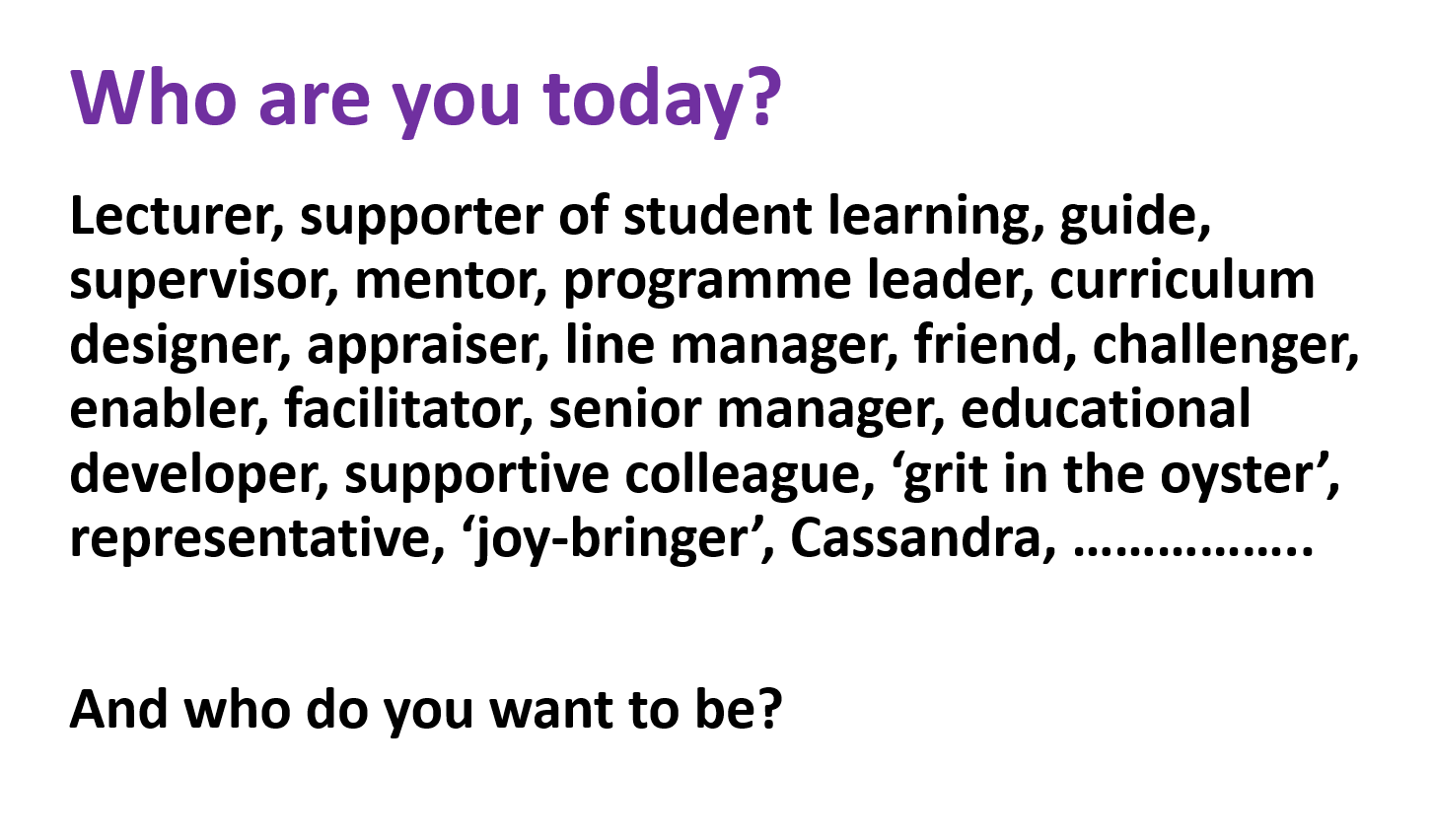Those were the words I recall with dread from the very first SEDA conference I attended, so I was more than a little nervous to be returning to SEDA over ten years later, especially as I was due to present a session on the 2018 UCISA Technology Enhanced Learning (TEL) Survey. But I was warmly welcomed by the SEDA community and one of the main themes for me was the just how similar the educational developer and educational technologist communities are in terms of the things we do and the struggles we face.
Professor Julie Hall from Southampton Solent University opened the conference talking about the challenges that educational developers have faced, such as small teams, a reliance on special initiatives and funding (such as CETLs and TQEF) and dealing with academic scepticism. She discussed the role of the third space professionals and the dangers of divorcing ourselves from the institution through building our own priorities and seeming to be different. She emphasised a need to move beyond being simply the ‘domestique’ (a reference to the role of a cyclist in the peloton) working behind the scenes to support the academics to being more of an activist advocate providing expert advice to our institutions. However we need to be careful not to become Janus-faced whereby we are seen as the lovely supportive colleagues on the one hand, but also implicated in the wider political aspects of supporting education, e.g. TEF and league tables. This resonates with a lecture capture event I attended back in 2011, where rolling out lecture capture across the institution had made one speaker feel like he was now seen as an ‘instrument of senior management’. Professor Hall noted the importance of challenging senior management, being the critical friend so that there is better understanding of what will work and what won’t and she cited an example of senior management wanting to put lecture capture in every room. This is definitely an area that I would like to see Ed Techs doing more of, positioning ourselves as the experts in the eyes of both Senior Management and the academics.
On the second day, it was great to see a keynote from Dr Maren Deepwell, CEO of the Association for Learning Technology (ALT) as a potential step towards greater collaboration between our communities. Maren also highlighted the overlap between the two roles, citing the ALT annual survey which reported on the wide range of functions that educational technologists carry out (management, research, staff development, teaching). She called for greater collaboration between the two organisations, and encouraged a mapping between the SEDA fellowship scheme (FSEDA) and ALT’s equivalent – Certified Membership of ALT (CMALT).
In one of the parallel sessions, City’s Professor Susannah Quinsee and Dr Sara Reimers were part of a Heads of Educational Development Group (HEDG) consortium looking at how educational developers can measure their impact and engagement, which echoed the challenges that educational technologists face. We were asked to consider which metrics we can use to evaluate our work and how we could measure impact when our work cannot be directly linked to institutional metrics. For example, if we run a training session, how do we demonstrate its impact on the student experience when the impact may not be seen for several years? They also mentioned the organisational challenges of reporting lines, which reflects my own research into the structure of TEL support with teams being located in many parts of the institution (such as IT, Library, Educational Development, HR).
Finally this slide from Professor Sally Brown’s workshop about identity sums up nicely the overlap as we can both pick out a number of roles shared between educational technologists and educational developers.

It seems there are so many areas where we share challenges that would make good places to collaborate more on, so I would like to see more crossover between the two communities in the future and to look at how we can demonstrate our value together, rather than separately.

Good to hear about the key themes of the conference and how SEDA and CMALT are planning to make connections. Love the last slide! Made me laugh out loud! 🙂
Interesting Julie. I have often been the ‘grit in the oyster’ in my learning spaces role!